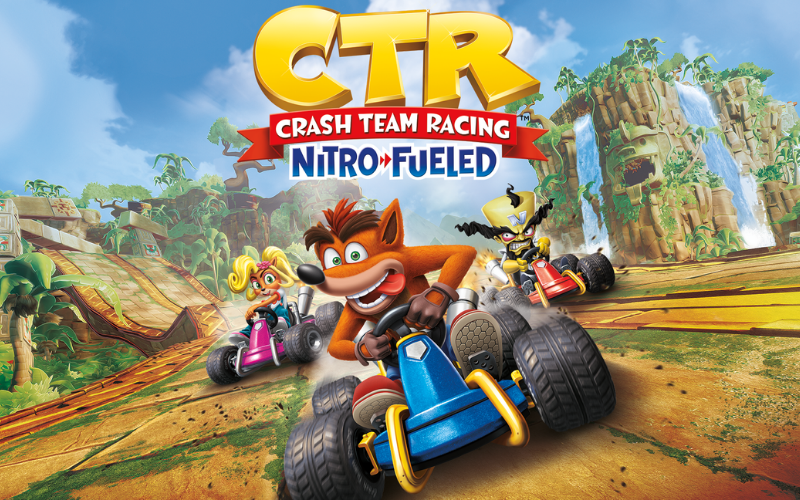

Publications like, for instance, Jean-Pierre Changeux’s "Neuronal Man" (1985), Antonio Damasio’s "Descartes’ Error" (1994) or Joseph LeDoux’s "Synaptic Self" (2002) incited a paradigm shift in the ways we think about the mind, finally bringing the studies of consciousness into the biological context (Nalbantian 2011, 3). Maybe if the weather had been bad while I was reading it.By rejecting dualisms and transcendent qualities of the mind promoted by philosophers, such as Plato, Descartes, Kant or Freud, in the late 1980s neuroscientists and philosophers began to define themselves as both materialists and monists. The dark, evil, not-haha kind of humour that you can find in some of his other books. I'm not quit sure what that "thing" is, but I think it's the humour that's missing. PoG is as can be expected from Banks, very well written and hard to put away once you have picked it up, but I still missed something. But he ends up going and has one year to learn a game that it normally takes a lifetime to master. But he isn't because Gurgeh likes to play it safe, he likes his safe little world and he wants to stay there. So, you would think that he would be thrilled when he gets a chance to play not only a game that he hasn't tried before but also the most complex game known to the Culture. Jernau Morat Gurgeh (how do you pronounce that?) is one of the best all-around game players in The Culture and finding too little opposition, he slowly becomes bored with games and his life.

PoG isn't as strong a book as Use of Weapons and it isn't as funny and fast paced as Against A Dark Background, but it's very interesting in its own way. I've been looking for Player of Games (PoG) for quite some time now (it has been out of print for some years) but finally I got lucky and found it in Gatwick Airport - So the big question for me was whether or not it would live up to my expectations. The Player of games is a Culture series novel by the noted author Iain M Banks.


 0 kommentar(er)
0 kommentar(er)
